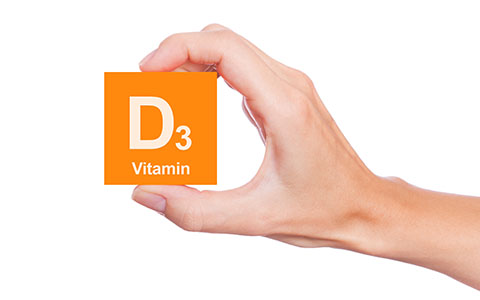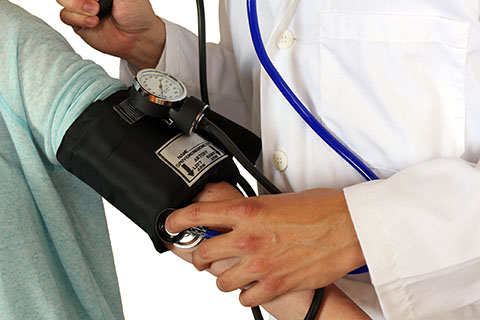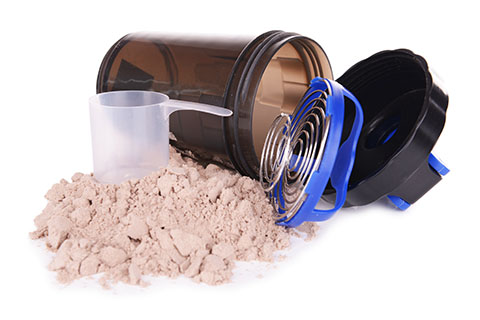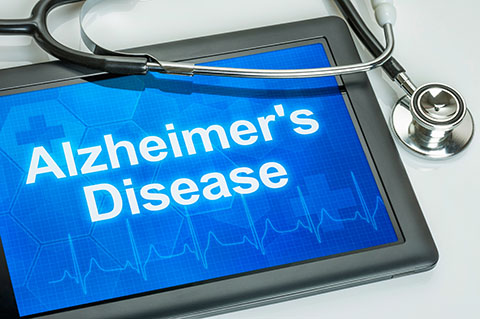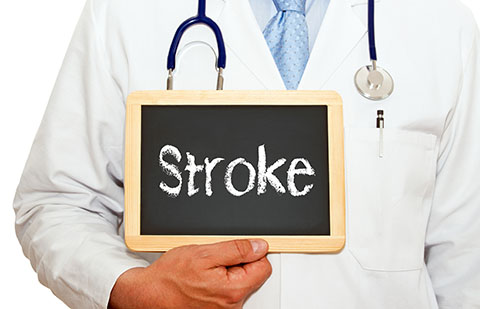
According to a new study from Northwestern, African-American and European-American men at high risk of prostate cancer are more likely to be diagnosed with an aggressive form of the disease if they have a vitamin D deficiency. The results were published in May of 2014 in Clinical Cancer Research, a journal of the American… Read more »


